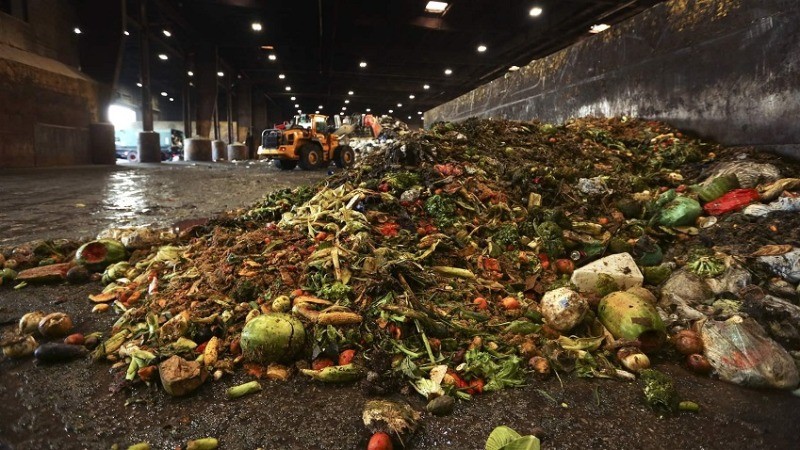
On September 29, we observe the International Day of Awareness of Food Loss and Waste, a crucial reminder of the urgent need to address the staggering levels of food wastage worldwide. Every year, approximately one-third of all food produced for human consumption is lost or wasted, amounting to about 1.3 billion tons. This colossal waste has far-reaching consequences for the environment, economy, and society. Let’s uncover the shocking truth about food waste and explore how we can all contribute to responsible food consumption and waste reduction.
1. Environmental Impacts: A Hidden Climate Crisis
Food waste is a major contributor to greenhouse gas emissions. When food ends up in landfills, it decomposes and releases methane, a potent greenhouse gas that contributes to climate change. In fact, food waste accounts for about 8-10% of global greenhouse gas emissions—more than the entire aviation industry. Additionally, the water, energy, and resources used to produce food are wasted when food is thrown away, putting further strain on the planet.
2. Economic Impacts: Wasting Billions of Dollars
Food waste is not just an environmental issue; it’s also an economic burden. The global economic cost of food loss and waste is estimated at $940 billion annually. This includes the costs of production, transportation, and disposal, as well as the lost opportunity to feed those in need. Households, businesses, and governments all bear the financial brunt of this unnecessary waste.
3. Social Impacts: A Missed Opportunity to Combat Hunger
While millions of tons of food are wasted each year, nearly 828 million people worldwide go to bed hungry every night. Food waste exacerbates food insecurity by diverting resources away from those who need them most. If even a fraction of wasted food were redirected, it could make a significant difference in alleviating hunger and malnutrition.
How Can We Reduce Food Waste? Practical Tips for Responsible Consumption
1. Plan Your Meals and Shop Smart
Before heading to the grocery store, plan your meals for the week and create a shopping list. Avoid impulse buying and purchase only what you need to reduce the likelihood of food going to waste.
2. Store Food Properly
Proper storage can extend the shelf life of food. Learn how to store fruits, vegetables, and other perishables correctly. For example, keep bananas, apples, and tomatoes separate from other produce, as they emit ethylene gas, which accelerates ripening.
3. Use Leftovers Creatively
Get creative with leftovers by repurposing them into new meals. Soups, stir-fries, and salads are great ways to use up odds and ends in your fridge.
4. Understand Food Labels
“Best before” and “use by” dates can be confusing. “Best before” indicates quality, not safety, so food may still be safe to eat after this date. Use your senses to check for signs of spoilage before discarding food.
5. Compost Food Scraps
Composting is an excellent way to reduce the amount of food waste that ends up in landfills. Composting food scraps helps return valuable nutrients to the soil and reduces greenhouse gas emissions.
6. Support Food Rescue Initiatives
Support local food banks and charities that rescue surplus food from restaurants, supermarkets, and farms. By redistributing food to those in need, these organizations help reduce waste and combat hunger.
The environmental, economic, and social impacts of food waste are profound, but each of us has the power to make a difference. By promoting responsible food consumption, embracing sustainable practices, and raising awareness, we can contribute to a more equitable and sustainable food system. On this International Day of Awareness of Food Loss and Waste, let’s commit to making mindful choices that benefit our planet, our communities, and our future.